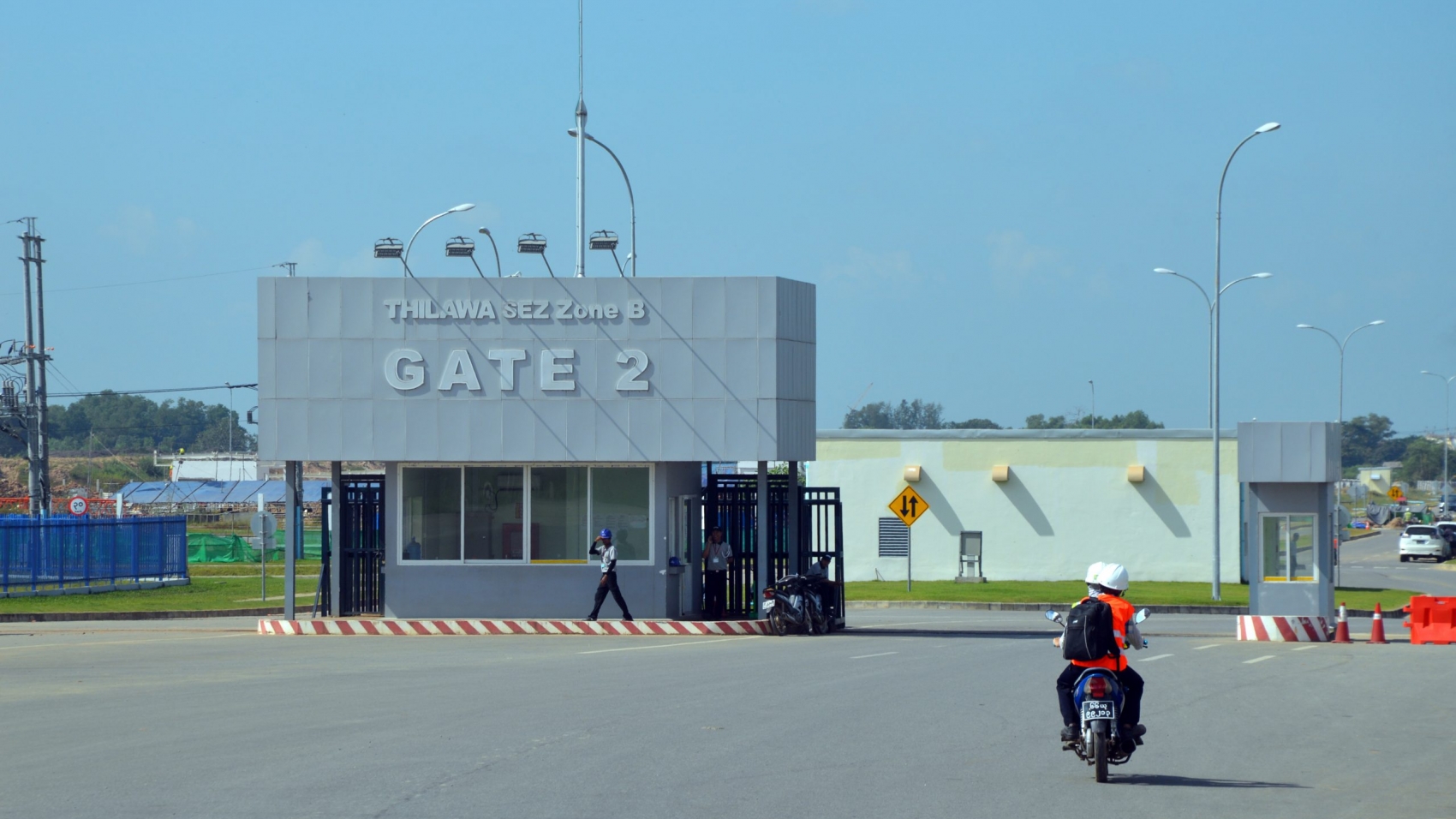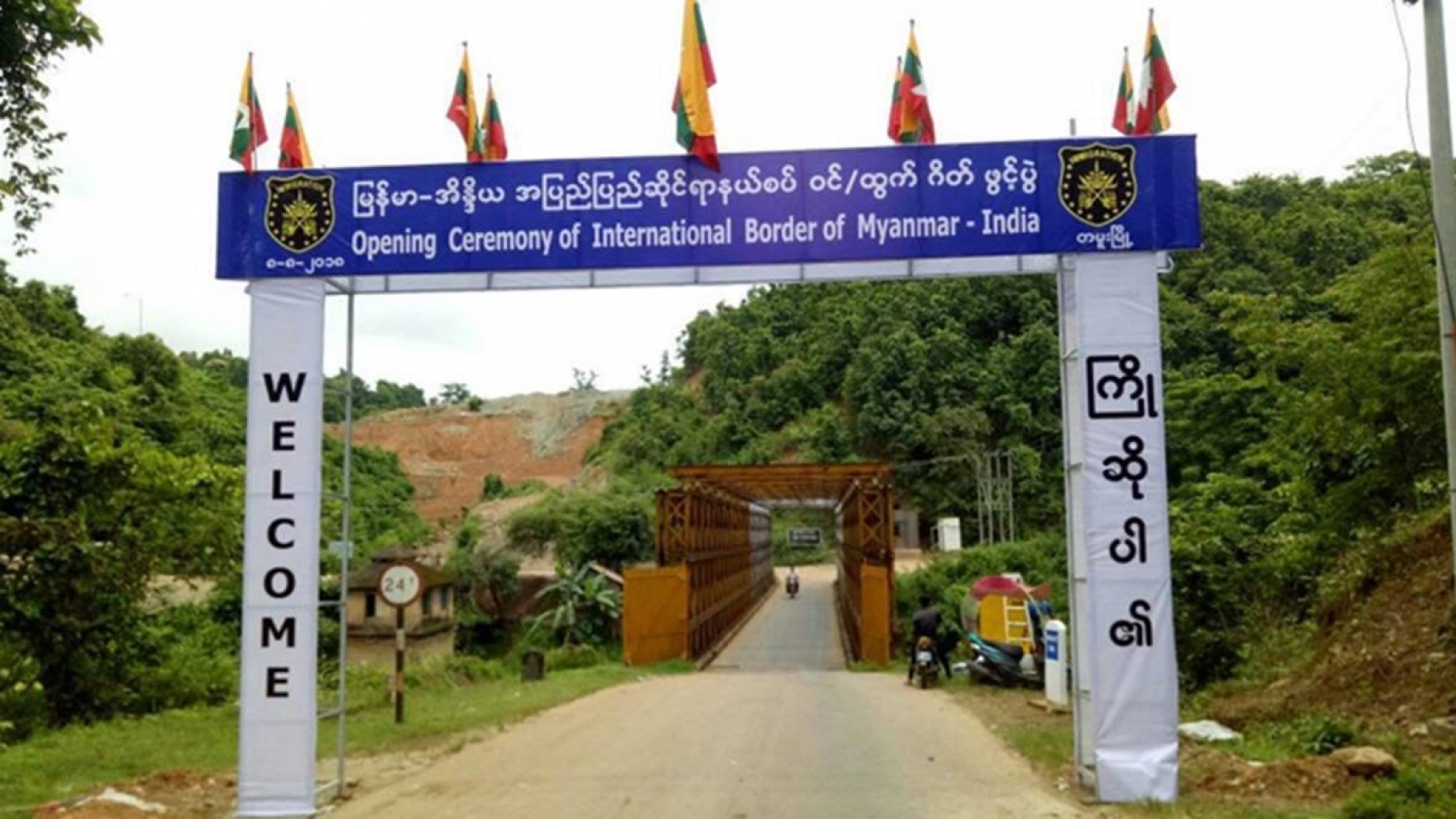According to statistics released by the exchange, foreign investors have purchased 4,502,760 shares of four listed companies on the Yangon Stock Exchange (YSX) as of 9 March 2021. The Securities and Exchange Commission of Myanmar (SECM) has allowed foreigners to invest in the local equity market from 20 March 2020. At present, shares of six listed companies — First Myanmar Investment (FMI), Myanmar Thilawa SEZ Holdings (MTSH), Myanmar Citizens Bank (MCB), First Private Bank (FPB), TMH Telecom Public Co. Ltd, and Ever Flow River Group Public Co., Ltd (EFR) — are available for local investors for trading. FMI, MTSH, TMH and EFR accepted foreign shareholding, and FPB is for block trade only. The foreign shareholding ratio of the companies on the exchange, except FMI, is less than one per cent.
The upper limit for FMI’s foreign shareholding amount is at 14 per cent, with 4,635,357 shares. The foreign investors are about to reach the limit for shareholding. Consequently, the status of buy order acceptance is suspended on 1 December 2020. As of 9 March 2021, foreigners hold 4,458,136 shares of FMI, 32,054 shares of MTSH, 5,445 shares of TMH and 7,125 shares of EFR. The SECM, under the Ministry of Planning and Finance, issued a notice on 12 July 2019, announcing that foreigners would be allowed to invest in shares listed on the YSX. After opening bank and securities accounts, an investor can send buying/selling orders under the stock trading rules stipulated in the Trading Business Regulations, the SECM notified.
Last year, the senior executive manager of the Yangon Stock Exchange highlighted how foreign participation would entail better capital inflows and a long term and sustainable investment. It would also encourage good corporate governance and support market orientation, he added.
Regarding share trading, the foreign investors must strictly comply with the rules stipulated by the Central Bank of Myanmar. The security companies will monitor the daily trades of foreigners in keeping with the rules and regulations so that they do not exceed the limit set for each listed company. Under Section 42 (a) of the Securities and Exchange Law and Section 4 of the Trading Participant Business Regulations, the YSX has granted trading qualifications to the following securities companies — Myanmar Securities Exchange Centre Co. Ltd. (MSEC), KBZ Stirling Coleman Securities Co. Ltd. (KBZSC), CB Securities Limited (CBSC), AYA Trust Securities Co. Ltd. (AYATSC), KTZ Ruby Hill Securities Co. Ltd. (KTZRH), and UAB Securities Limited (UABSC).
According to the stock exchange, investors have to send their buy or sell orders to the YSX through the securities companies who have been issued a license by the SECM as well as a trading qualification by the YSX. The YSX was launched four years ago to improve the private business sector. It disseminates rules and regulations regarding the stock exchange and knowledge of share trading through stock investment seminars. The stock exchange has also sought the government’s support to get more public companies to participate in the stock market and help more institutional investors, such as financing companies, investment banks, and insurance companies, to emerge. Amid the COVID-19 crisis, Myanmar’s securities market has been able to continue operating without stopping trading.
Source: The Global New Light of Myanmar



